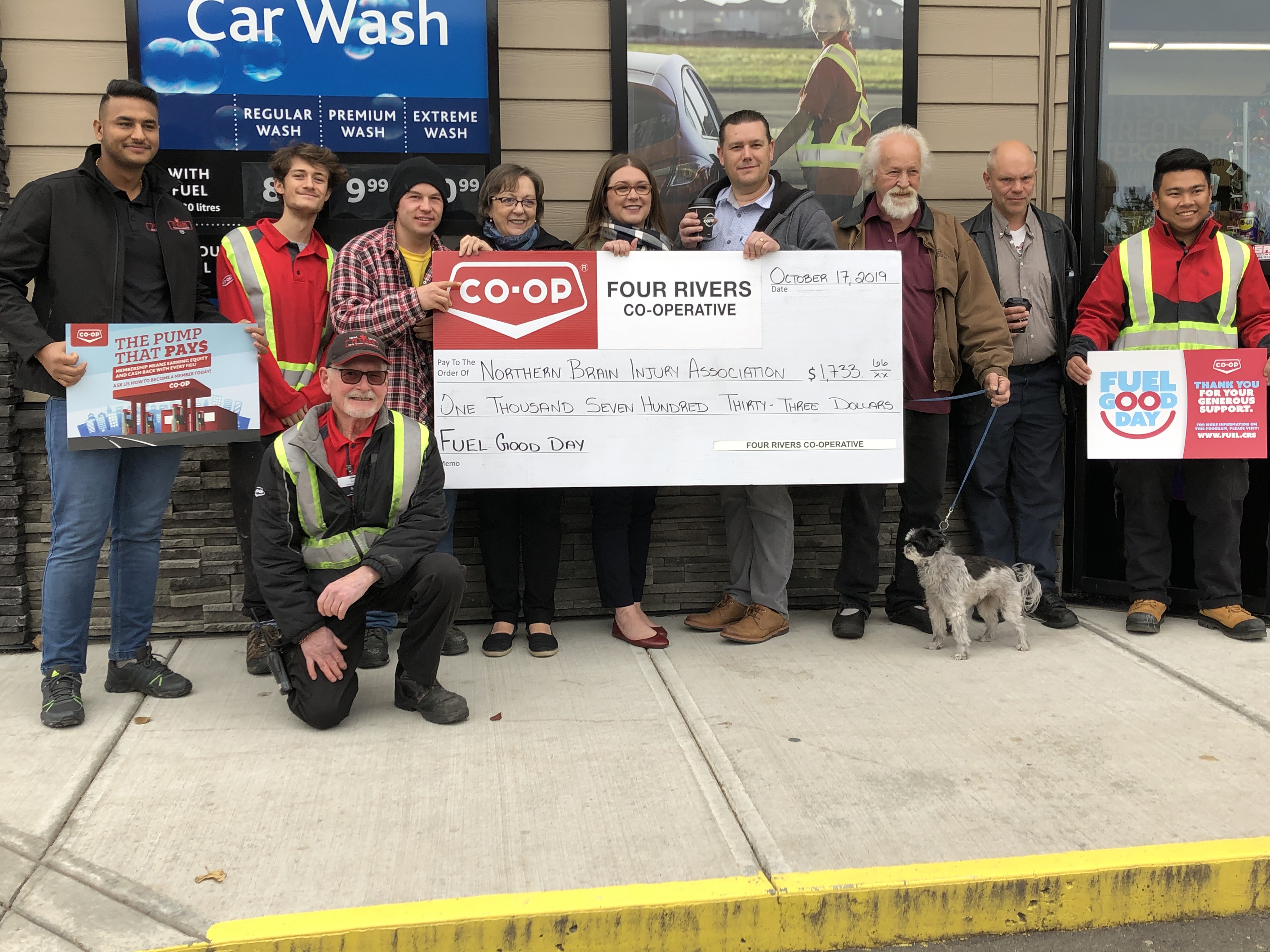“Brain injuries are not addressed at all.”
When it comes to the overall awareness of brain injuries, that’s how Ryan Challen feels.
The Community Coordinator with Northern Brain Injury Association adds that their services have increased by 170 per cent in the last two years.
“That’s without advertising or going out there and really communicating with the public. So as an underutilized resource, we’re also stretched to how far we can go with the budget we have, so we really rely on the health authorities and provincial government to really step up and provide more funding so we can hire more people to provide those services.”
Challen said with the resource industry growing in the north, the injuries are there.
“It’s a sad fact, but it’s one of those areas that’s growing.”
For Sarah McCrea, a case manager at Prince George Brain Injured Group, the stigma towards brain injuries comes with the inability to physically see the injury in the first place.
“I think when we have an injury that’s invisible… when you look at someone you typically don’t know when they have a brain injury, there is going to be a stigma or preconceived notions of what people can or could not do,” she told MyPGNow. “I think that is decreasing, we help people get back into the employment field — they’re typically an under-employed population. So when they access our services, it, in turn, is increasing awareness in our community.”
Hoping to bring injuries to the surface, Four Rivers Co-op presented the Northern Brain Injury Association with a cheque for $1,733.
Challen said the money will go towards programming for their clients, providing rehabilitative services to two-thirds of the province.
Renee Dick, the Marketing Coordinator with Four Rivers Co-op, said the money was raised during a one-day event.
“Fuel Good Day is a fairly new event. We’ve been doing it for the last three years. We started it in Prince George last year when our Gas Bar opened. This year, we decided to partner with the Northern brain Injury Association. What we do is on this one day (in September) is we donated 10 cents from every litre of fuel sold to this group. We incorporated a dollar from every coffee and Big Cool.”
Challen believes the Fuel Good Day allowed the association to get out there and raise awareness when it comes to the stigma associated with brain injuries.
“I think people are understanding that my concussion is a brain injury, my stroke is a brain injury. They come to us looking for guidance and ways to better manage their brain injury, so I think that’s why we’re getting more clients.”
Something going on in the Prince George area you think people should know about?
Send us a news tip by emailing [email protected].






